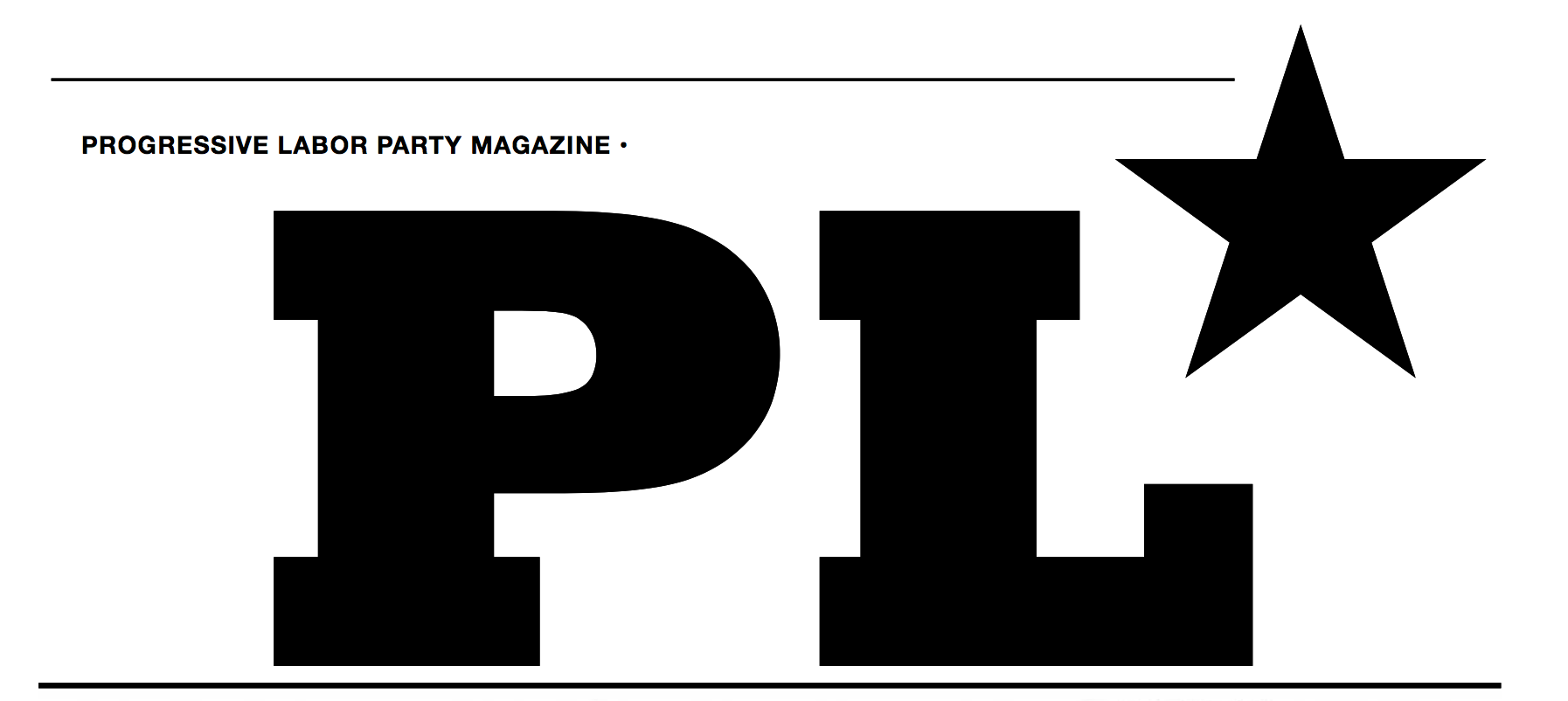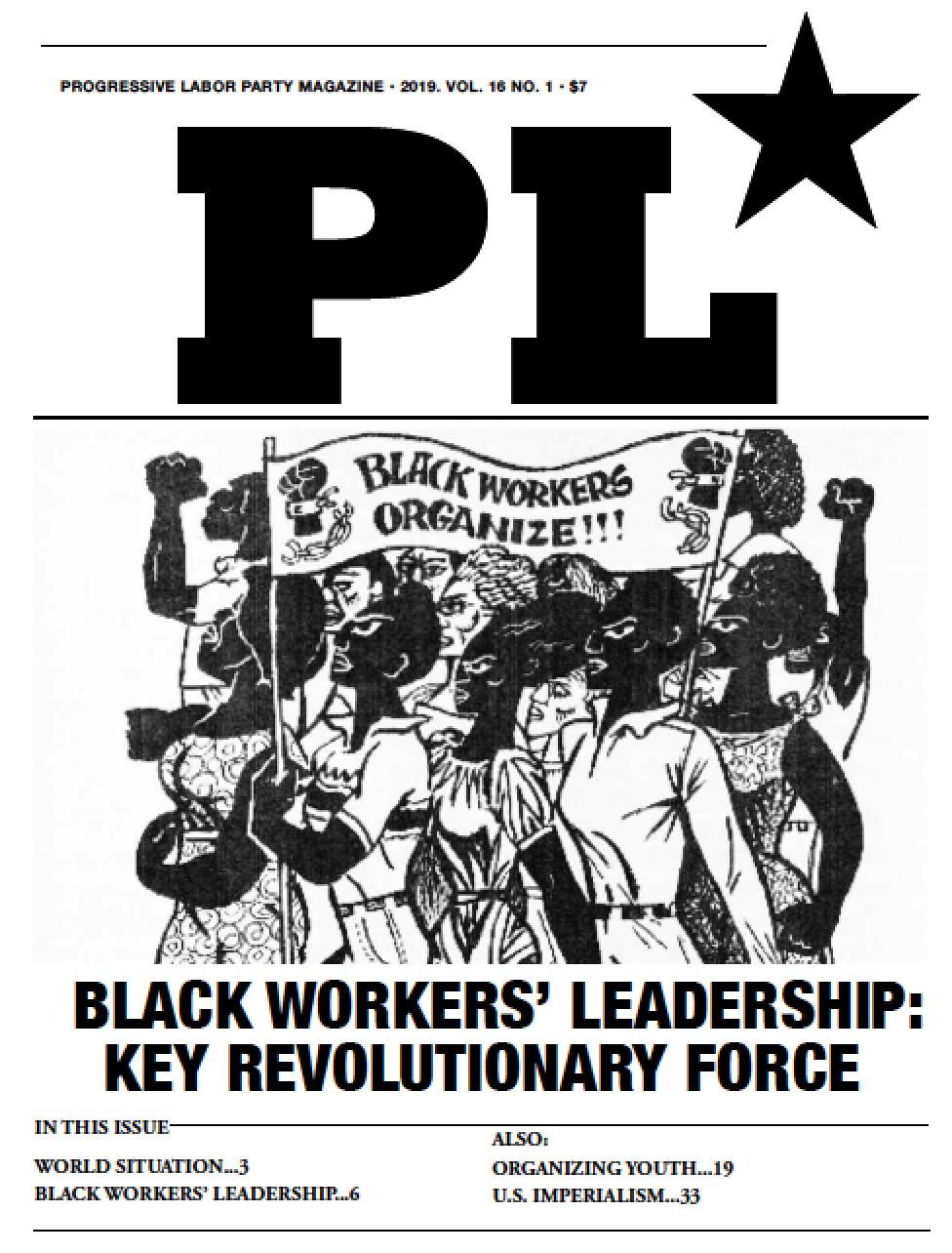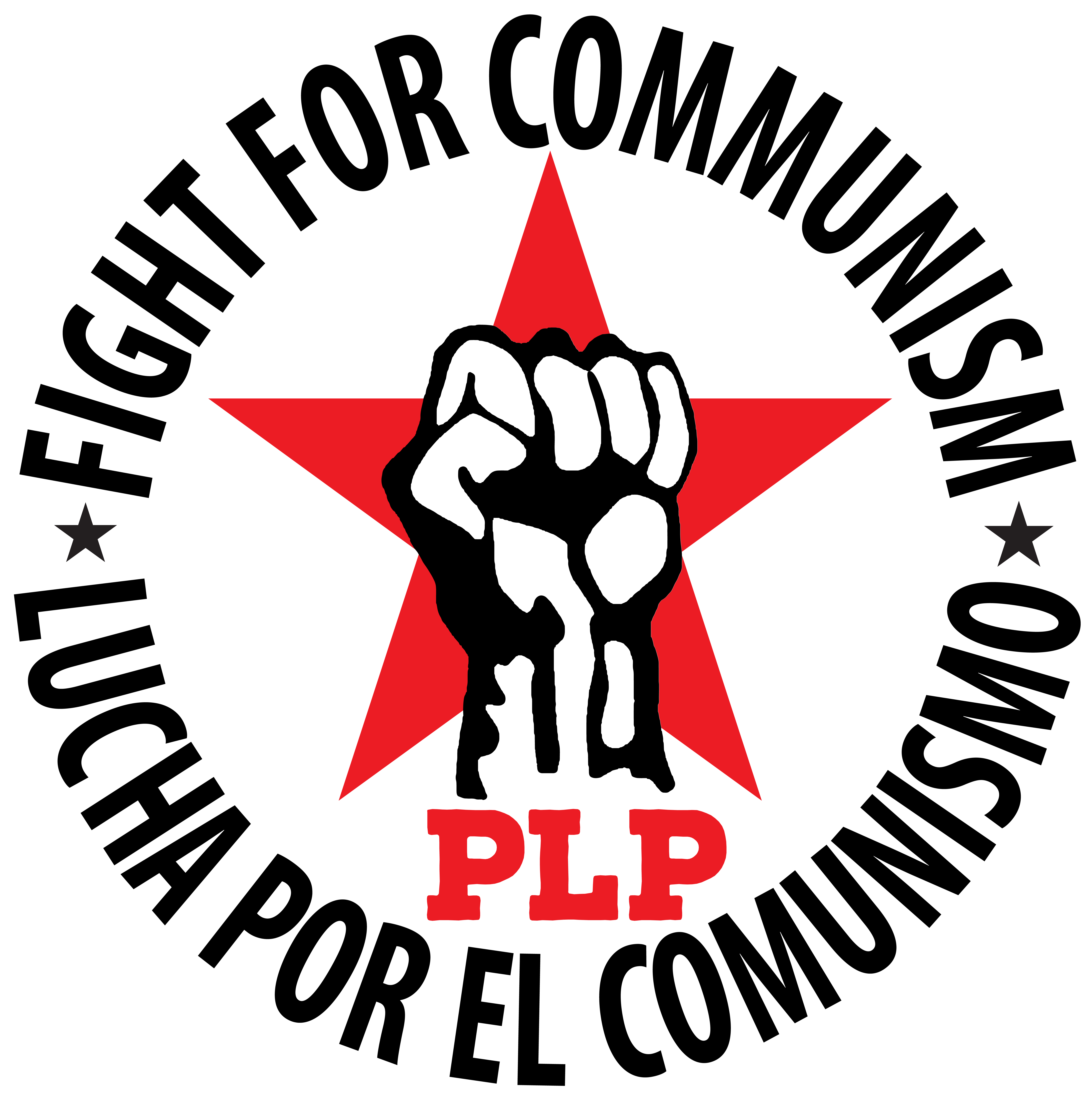1930s: Langston Hughes, poet of the communist movement
 Saturday, March 4, 2023 at 12:15PM
Saturday, March 4, 2023 at 12:15PM The last issue of CHALLENGE (3/1/23) remembered Langston Hughes as a writer sharply critical of Jim Crow segregation during World War II and as a poet for the working class of the U.S.—particularly Black workers. Now we’ll flash back to the 1920s and 1930s, the period when Hughes became an advocate for multiracial, anti-capitalist revolution. A tradition of anti-racist activism ran deep in Hughes’ family history. In 1858, his maternal grandmother, Mary Langston, married Lewis Leary, an abolitionist who died in John Brown’s 1859 raid in Harper’s Ferry. Her second husband, Charles Howard Langston, was an educator and ardent abolitionist.
 history,
history,  langston hughes,
langston hughes,  poetry
poetry 




 Progressive Labor Party (PLP) fights to destroy capitalism and the dictatorship of the capitalist class. We organize workers, soldiers and youth into a revolutionary movement for communism.
Progressive Labor Party (PLP) fights to destroy capitalism and the dictatorship of the capitalist class. We organize workers, soldiers and youth into a revolutionary movement for communism.



